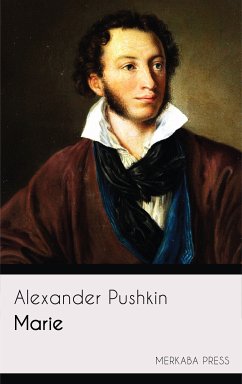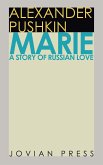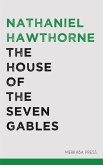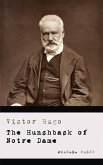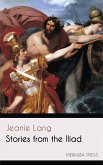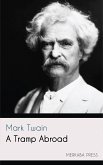Alexander Pushkin, the most distinguished poet of Russia, was born at Saint Petersburg, 1799. When only twenty-one years of age he entered the civil service in the department of foreign affairs. Lord Byron's writings and efforts for Greek independence exercised great influence over Pushkin, whose "Ode to Liberty" cost him his freedom. He was exiled to Bessarabia [A region of Moldova and western Ukraine] from 1820 to 1825, whence he returned at the accession of the new emperor, Nicholas, who made him historiographer of Peter the Great. Pushkin's friends now looked upon him as a traitor to the cause of liberty. It is not improbable that an enforced residence at the mouth of the Danube somewhat cooled his patriotic enthusiasm. Every Autumn, his favorite season for literary production, he usually passed at his country seat in the province Pekoff. Here from 1825 to 1829 he published "Pultowa," "Boris Godunoff," "Eugene Onegin," and "Ruslaw and Ludmila," a tale in verse, after the Manner of Ariosto's "Orlando Furioso." This is considered as the first great poetical work in the Russian language, though the critics of the day attacked it, because it was beyond their grasp; but the public devoured it.
In 1831 Pushkin married, and soon after appeared his charming novel, "Marie," a picture of garrison life on the Russian plains. Peter and Marie of this Northern story are as pure as their native snows, and whilst listening to the recital, we inhale the odor of the steppe, and catch glimpses of the semi-barbarous Kalmouk and the Cossack of the Don.
A duel with his brother-in-law terminated the life of Pushkin in the splendor of his talent. The emperor munificently endowed the poet's family, and ordered a superb edition of all his works to be published at the expense of the crown. His death was mourned by his countrymen as a national calamity.
Dieser Download kann aus rechtlichen Gründen nur mit Rechnungsadresse in A, B, BG, CY, CZ, D, DK, EW, E, FIN, F, GR, H, IRL, I, LT, L, LR, M, NL, PL, P, R, S, SLO, SK ausgeliefert werden.

